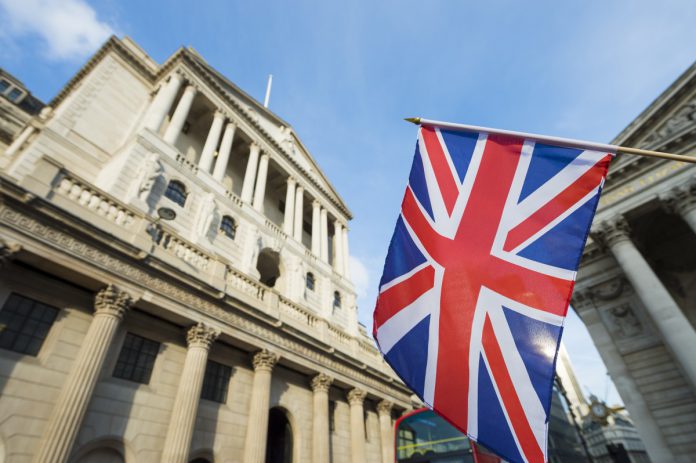The Bank of England took the decision this week to hold interest rates at 5.25%, meaning UK inflation will remain high and both businesses and consumers will continue to face heavy costs.
This marks the end of successive raises to the interest rate, with the BofE seeking to control inflation – reduction of which has been a priority of the government this year, with the inflation rate currently standing at 4.6%.
BofE Governor Andrew Bailey has shared his view that it is too early to consider a reduction of interest rates, but the Bank does expect inflation to begin falling in line with both it and the government’s targets.
However, the Bank’s target inflation rate of 2% is still far below the current figure of 4.7%. Although this is in line with the government’s pledge to keep inflation below 5% by the end of the year, it still suggests hard times ahead for UK businesses.
James Hickman, CCO of Trustly company Ecospend, commented: “The decision to keep the base interest rate the same will come as no surprise to many, and underlines the Bank of England’s cautious approach to controlling inflation, which remained stubbornly high through much of the latter half of 2023.
“Moving into 2024, businesses must be careful not to be overly optimistic about the impact of borrowing costs on their bottom line, with interest rates likely to stay relatively inflated throughout the year.”
Fostering economic growth through financial technology has been a major government talking point of late. In fact, turning the UK into a hub for fintech innovation has been a goal of Rishi Sunak since his days as Chancellor of the Exchequer under former PM Boris Johnson.
Recent developments have seen the government’s Autumn Statement unveil plans for £500m funding in technological innovation, particularly AI. Meanwhile, Sunak has also spoken in favour of cryptocurrency regulation, seeing crypto assets as potentially playing a key role in his ambitions for UK fintech leadership.
Meanwhile, shortly after the Autumn Budget was announced the Payments Review was published. This examination of the UK payments landscape featured a vocal endorsement of Open Banking development.
For Hickman, Open Banking will be vital for businesses seeking to overcome the financial burden of high inflation and interest rates. He continued: “In order to ensure long-term resilience, businesses need to take stock of their operations and ensure they are maximising efficiencies wherever they can.
“Payments is one area in which they can do this. By implementing Open Banking payment technologies, such as Pay by Bank, businesses can not only reap the benefits of direct cost savings, but can also offer a quicker and easier checkout option for their customers which will increase customer retention and loyalty.
“Open Banking solutions can have a particularly significant impact over the Christmas shopping period, a time when transaction volumes increase, and businesses are setting the tone with customers for the coming year. ”























